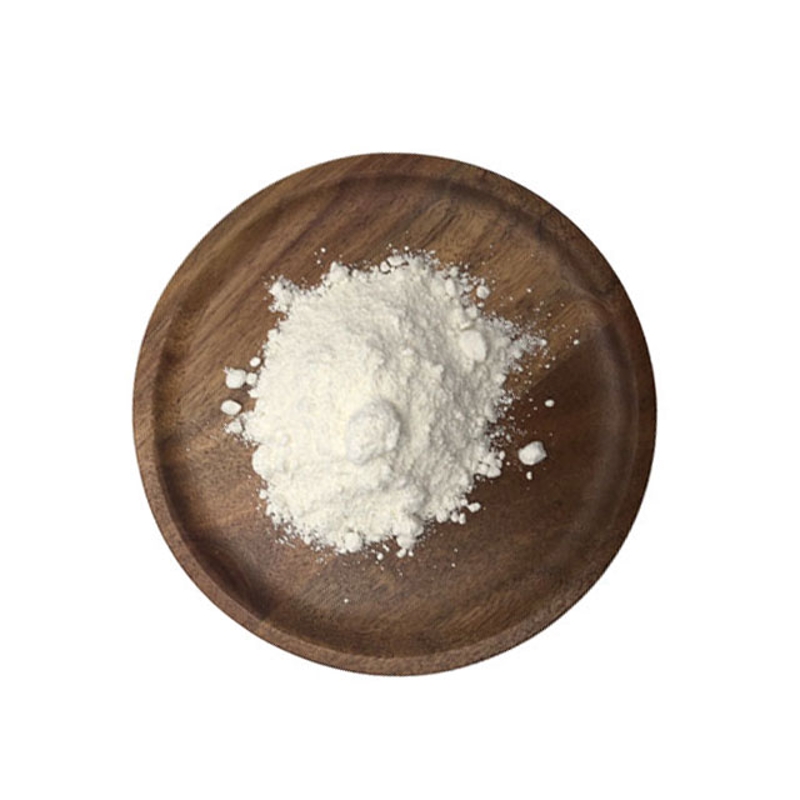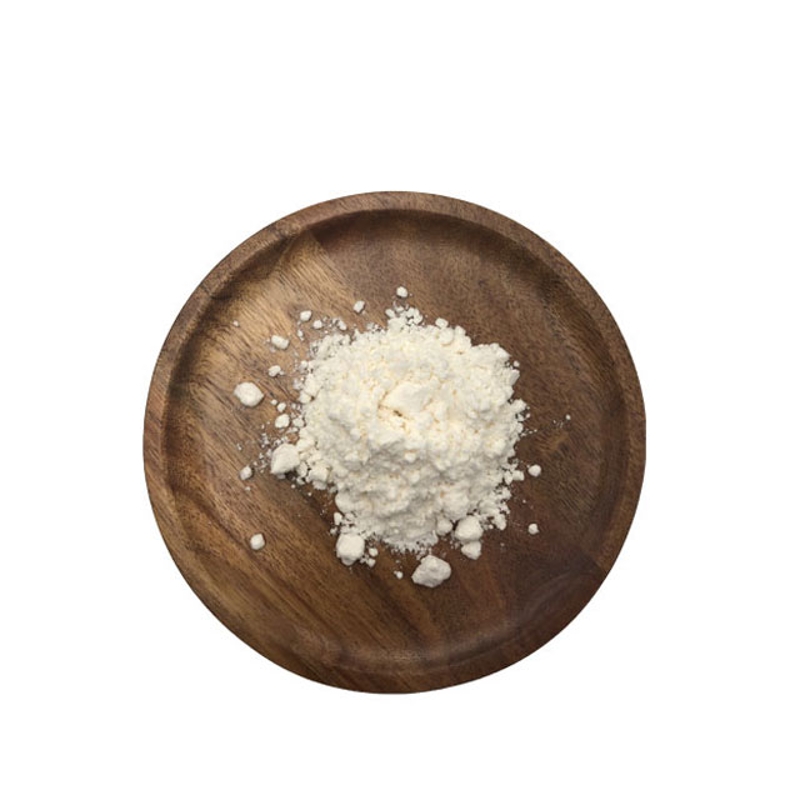-
Categories
-
Pharmaceutical Intermediates
-
Active Pharmaceutical Ingredients
-
Food Additives
- Industrial Coatings
- Agrochemicals
- Dyes and Pigments
- Surfactant
- Flavors and Fragrances
- Chemical Reagents
- Catalyst and Auxiliary
- Natural Products
- Inorganic Chemistry
-
Organic Chemistry
-
Biochemical Engineering
- Analytical Chemistry
- Cosmetic Ingredient
-
Pharmaceutical Intermediates
Promotion
ECHEMI Mall
Wholesale
Weekly Price
Exhibition
News
-
Trade Service
"To maintain your best health in a sunny summer and to protect against winter colds and diseases, drink Schlitz (beer) - which contains vitamin D," read an advertisement in the American Journal in December 1936.
Vitamin D is a essential fat-soluble vitamin, mainly synthesized in the sun, commonly known as "sunshine vitamin", it can regulate the body's calcium and phosphorus metabolism, is the basis for bone health, but also promote the synthesis of protein in the muscle, enhance muscle strength, reduce the risk of fall.
when our skin is exposed to the sun, the body has a series of bio-chemical reactions that synthesize vitamin D.
, healthy adult men have greater bone mass, higher bone density, and higher bone strength than women.
, women lose bone mass faster than men, especially before and after menopause.
vitamin D supplements are widely used to prevent osteoporosis in post-menopaphageal women and the elderly.
outbreak caused by new coronavirus infections has continued since the beginning of the year, and although the number of confirmed cases has decreased significantly, special drugs for the new coronavirus have not yet been available, so strong autoimmunity is our best weapon against the virus.
mention vitamin D, the first thing that comes to mind is that it can supplement calcium, strong bones, so how does it affect our resistance to COVID-19? There is a lot of disagreement about this.
a study published last October in Journal of Clinical Endocrinology and Metabolism, an authoritative journal in the field of endocrine and metabolic diseases, assessed serum 25-hydroxyvitamin D (25OHD) levels in hospitalized COVID-19 patients and analyzed the effects of vitamin D status on the severity of the disease.
found that patients with COVID-19 had lower levels of 25OHD in hospital and a higher prevalence of deficiency in these patients than in the population-based control group.
researchers found no link between vitamin D concentrations or vitamin deficiency and the severity of the disease.
recently, The Lancet Diabetes and Endocrinology published a paper entitled Vitamin D and the New Crown: Why Is It Controversial? editorial.
article notes that the results of a recent D-Health randomized clinical trial of more than 20,000 Australian adults, also published in the journal, show that taking vitamin D (60,000 IU) a month does not reduce the risk or severity of acute respiratory infections.
In addition, a meta-analysis of 45 intervention trials, including the D-Health study, published recently in MedRxiv preprints, showed that daily supplementation of 400-1000 IU vitamin D for no more than 12 months was safe and had a less protective effect on the prevention of acute respiratory infections, but there was significant heterogeneity between intervention trials.
it has long been clear that groups that have traditionally shown vitamin D deficiency or deficiency, such as the elderly and nursing home dwellers, as well as the black, Asian and minority ethnic populations, are also the groups most affected by COVID-19.
, the increased length of time spent indoors due to strict blocking and shielding has raised concerns that some people may not be able to get the necessary levels of vitamin D from the sun.
17 December 2020, the National Institute for Health and Care Excellence (NICE), in collaboration with Public Health England and the Scientific Advisory Committee on Nutrition, released a new rapid review of vitamin D and COVID-19.
their recommendations support the current government's proposal to require everyone to take vitamin D supplements in the fall and winter to maintain bone and muscle health.
recommendations are also in line with new GUIDELINEs issued by the UK government on 22 December 2020, which allow clinically extremely vulnerable people to opt for a free four-month daily vitamin D supplement.
, however, the rapid review concluded that there was still insufficient evidence to support vitamin D supplements for the prevention or treatment of COVID-19 and that further in-depth studies were needed.
As a result, many in the scientific community are disappointed by the lack of specific recommendations for COVID-19, who believe that vitamin D supplements are generally safe and that any benefits associated with vitamin D supplementation in preventing neocoopon pneumonia may far outweigh their potential toxicity.
article concludes that NICE should continue to monitor the results of several clinical trials on vitamin D and COVID-19 results that have been peer-reviewed and published.
, however, it may be too late to ask for additional evidence of vitamin D supplementation, especially in countries where the epidemiological situation continues to deteriorate (the outbreak is likely to continue to worsen in the winter months before vaccination effectiveness becomes apparent).
, the authors call for all health decisions to be made on a strong basis in an ideal world, but in times of crisis the criteria may need to be fine-tuned.
reference: The Lancet Diabetes Endocrinology. Vitamin D and COVID-19: why the controversy? Lancet Diabetes Endocrinol. 2021 Jan 8:S2213-8587(21)00003-6. doi: 10.1016/S2213-8587 (21)00003-6.MedSci Original Source: MedSci Original Copyright Notice: All noted on this website "Source: The text, images and audio and video materials of Metz Medicine or Source: MedSci Originals are owned by Metz Medicine and may not be reproduced by any media, website or individual without authorization, and shall be reproduced with the words "Source: Mets Medicine".
all reprinted articles on this website are for the purpose of transmitting more information and clearly indicate the source and author, and media or individuals who do not wish to be reproduced may contact us and we will delete them immediately.
at the same time reproduced content does not represent the position of this site.
leave a message here







